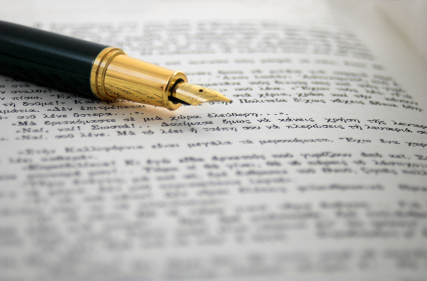
According to documents cited by the France-Presse news agency, lawyers mandated by Kinshasa claimed, in the process, that the minerals are “transported outside the DRC and, in particular , to Rwanda”, where its origin is hidden.”Rwanda is a central actor in the illegal exploitation of minerals and, in particular, in the exploitation of tin and tantalum in the DRC”, say the lawyers.”After Due to their illegal extraction, these minerals are smuggled to Rwanda, where they are integrated into global supply chains,” the formal notification states. The document was sent this week to Apple’s two subsidiaries in France by French lawyers William Bourdon and Vincent Brengarth , as well as a letter to the North American parent company, known for iPhone cell phones and Mac computers. The DRC has numerous natural resources, being the world’s largest producer of cobalt and the main African producer of copper. According to a published report by the non-governmental organization The Enough Project in 2015, Congolese mines “are often controlled by armed groups who force, through violence and terror”, civilians, including children, to work in these places. The DRC accuses neighboring Rwanda of supporting the rebellion of the M23 armed group, which currently controls a large part of the province of North Kivu, to take control of resources, particularly mining, in eastern Congo. On the other hand, when they use “blood minerals”, it remained a black box for a long time”, stated William Bourdon and the British Robert Amsterdam. Lawyers consider the “various commitments and precautions taken” to be “notoriously insufficient” by Apple, “whether on its own initiative or in application of the law with respect to the use of minerals acquired in Rwanda”. The lawsuit highlighted that Apple’s suppliers use the Tin Supply Chain Initiative (ITSCI) certification,” whose serious and numerous dysfunctions have been demonstrated. “ITSCI is a mechanism implemented for more than 10 years to guarantee a supply of “conflict-free” and responsibly extracted minerals in the DRC. But in 2022, the British NGO Global Witness said that, on the contrary, the program had contributed to the laundering of minerals linked to conflict, child labor or resulting from trafficking and smuggling.
Tradução automática do artigo:Aceder ao artigo original
